The World Bank In Tanzania
Toggle navigation
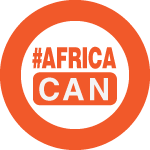
The World Bank In Tanzania
The World Bank supports Tanzania’s growth through policy analysis, grants, and credits, with a focus on infrastructure and the private sector.
TANZANIAOVERVIEW
Overview
CONTEXTSTRATEGYRESULTSPARTNERS
World Bank Group (WBG) Engagement in Tanzania
The World Bank’s active portfolio in Tanzania includes 20 national International Development Association (IDA) projects with total net commitments of $4.07 billion. Key sectors supported include transport (26%), urban development (20%), energy (15%), water (12%), education (9%), social protection (8%), health/nutrition (5%), environment/natural resources (4%) and agriculture, governance and poverty projects make up the rest of the portfolio. Tanzania is also included in seven regional projects, with its total commitments reaching $938.35 million supporting the transport, energy, environment, health and education sectors.
In March 2018, the Bank’s Board of Executive Directors endorsed the new Tanzania Country Partnership Framework 2018-2022 (CPF). The CPF is informed by extensive consultations with a wide range of stakeholders as well as a country opinion survey. Aligned with the priorities identified in Tanzania’s Second Five-Year Development Plan and Zanzibar’s Third Strategy for Growth and Reduction of Poverty, the CPF has three focus areas: (1) enhance productivity and accelerate equitable and sustainable growth, (2) boost human capital and social inclusion, and (3) modernize and improve the efficiency of public institutions.
The CPF 2018-2022 represents both continuity with, and enhancement of, the current program and more intensive engagement in priority areas. It will deepen investments in transport, information and communication technology, and energy to support spatial transformation and inclusive growth, and will significantly scale up human capital development. These interventions will address the rural-urban divide and boost the enablers for poverty reduction that affect access to infrastructure, social services and productive jobs. Given the key role of the private sector, the new framework will innovate to maximize access to finance and generate jobs for Tanzania’s development.
International Finance Corporation (IFC)
IFC’s strategy in Tanzania involves proactively developing infrastructure projects through investment and advisory (Public-Private Partnerships) interventions, focusing on power, oil, and transportation. IFC will also work closely with the International Development Association to identify actions to promote more rapid commercialization of agriculture. IFC’s strategy places emphasis on strengthening financial markets, particularly in terms of access to finance for micro and small-medium enterprises. IFC is looking to forge partnerships with local banks aimed at supporting its initiatives in the financial sector with local currency financing, as well as developing products to support the microfinance, small-medium enterprises and housing sectors. IFC seeks to provide advisory services to improve the investment climate through reform programs that cover licensing, regulatory reform and other areas tracked in the Doing Business indicators.
Knowledge Products
High-quality, consolidated knowledge products facilitated and deepened policy dialogue, and informed design and realization of government programs. These products were used to inform plans for, e.g., tourism-led growth and initiatives related to energy, governance, education, and natural resources.
The Tanzania Economic Update series, now in its 12th edition, has focused on a range of topics: productive jobs, unlocking the potential of the tourism industry, improving tax performance, leveraging public private partnerships to finance development; the importance of investing in girls and human capital development.
Under the current CPF, the Bank will continue to use analytics to guide operations. The analytical products will be prepared in close collaboration with the client, taking into consideration counterpart capacity, and knowledge products will use a combination of hands-on technical assistance, impact evaluations, policy notes and broader reports to inform the lending programs and policy dialogue. The Systematic Country Diagnostic, completed in March 2017, has been recognized by a broad range of stakeholders as an important source of knowledge.
Last Updated: Sep 30, 2019
What's New
REPORT DEC 08, 2019
Tanzania Mainland Poverty Assessment : Executive Summary
PRESS RELEASE DEC 03, 2019
Tanzania’s Agriculture Sector Offers Fresh Opportunities for Accelerated Poverty Reduction
POLICY RESEARCH WORKING PAPER DEC 03, 2019
RELATED
Tanzania Economic Update: The Power of Investing in GirlsSystematic Country DiagnosticCountry Partnership Framework FY18-FY22Poverty Reduction Strategy PaperMacro Poverty OutlookIDA at Work in TanzaniaThe World Bank in Africa
LENDING
Tanzania: Commitments by Fiscal Year (in millions of dollars)*
8658271,2065059201520162017201820190250500750100012501500
*Amounts include IBRD and IDA commitments
AROUND THE BANK GROUP
Find out what the Bank Group's branches are doing in Tanzania.
PHOTO GALLERY
STAY CONNECTED
Facebook
Twitter
Youtube
RSS
Sign up for email updates
In Depth
Previous
The latest Africa’s Pulse says initiatives to empower poor people, women and girls are essential to progress.
Human capital, the total of a country’s potential, is a primary factor in spurring economic growth and enhancing competitiveness.
With IDA’s help, hundreds of millions of people have escaped poverty—through the creation of jobs, access to clean water, schools, roads, nutrition, electricity, and more.
Africa’s poorest countries saw little to no progress on average in improving the quality of their policy and institutional frameworks in 2018.
Watch, listen and click through the latest videos, podcasts and slideshows highlighting the World Bank’s work in Sub-Saharan Africa.
The Doing Business report provides objective measures of business regulations and their enforcement. See where your country ranks.
Next
Additional Resources
Related
Systematic Country DiagnosticCountry Partnership Framework FY18-FY22STATEMENTWorld Bank Statement on Lifting the Suspension of Missions to TanzaniaWorld Bank Statement on Amendments to Tanzania’s 2015 Statistics ActService Delivery Indicators
Tanzania Economic Update: The Power of Investing in GirlsShow More +
Country Office Contacts
Main Office Contact
50 Mirambo Street
P. O. Box 2054
Dar es Salaam, Tanzania
+255-22-216-3200
For general information and inquiries
Loy Nabeta
Communications Officer
+255-22-216-3246
For project-related issues and complaints
AboutDataResearch and PublicationsLearning
NewsProjects and OperationsCountriesTopics
FOLLOW US
NEWSLETTER
This Site in:
Legal Access to Information Jobs Contact
© 2019 The World Bank Group, All Rights Reserved.










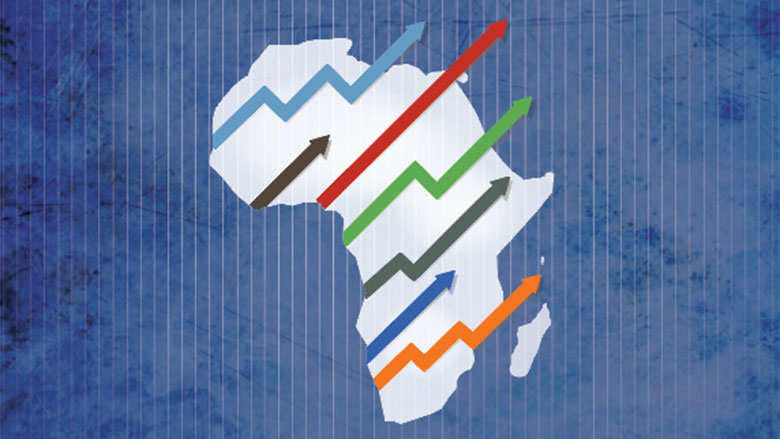
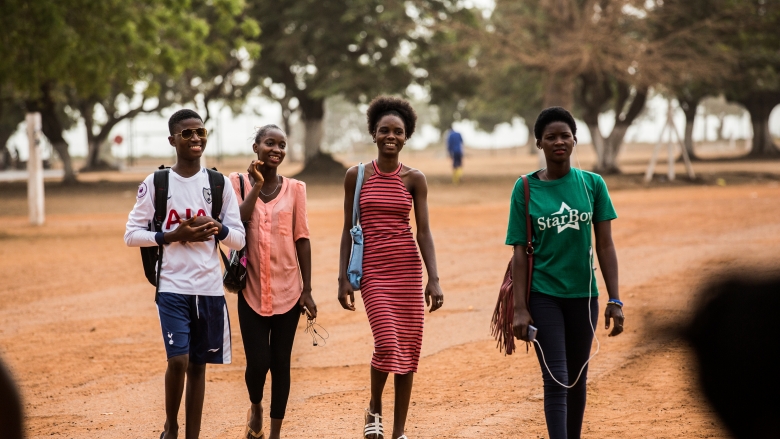
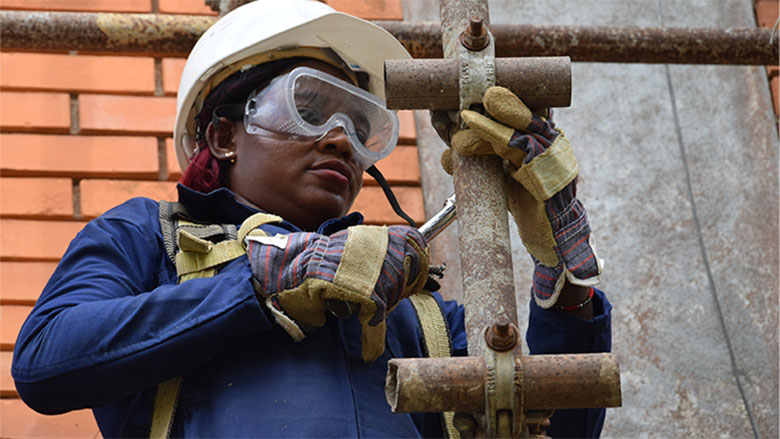
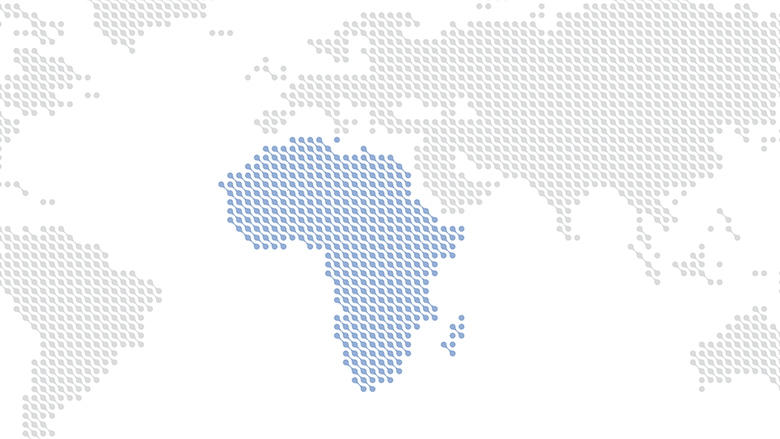
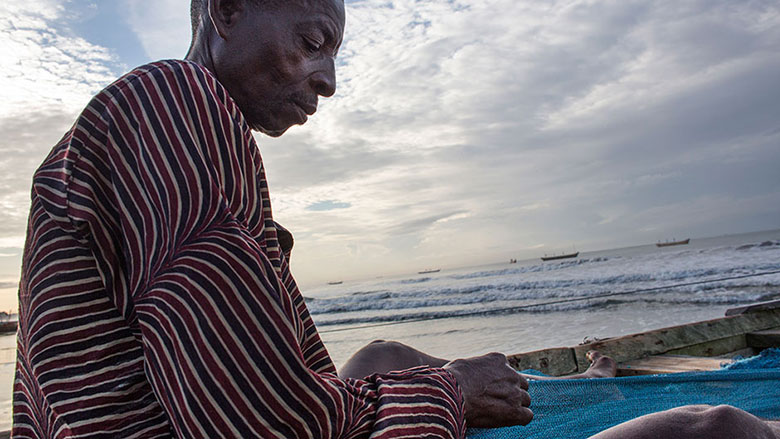









Post a Comment